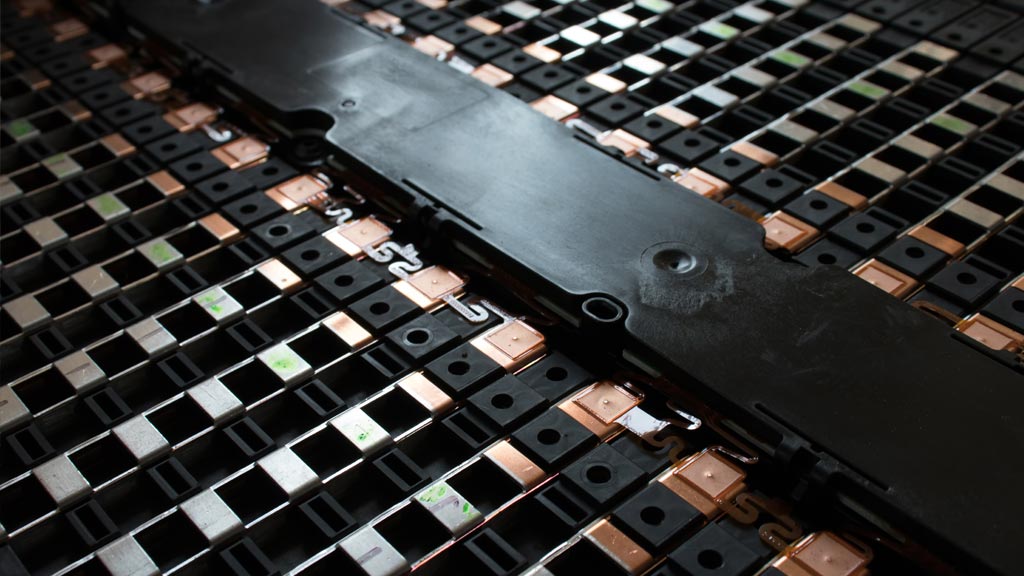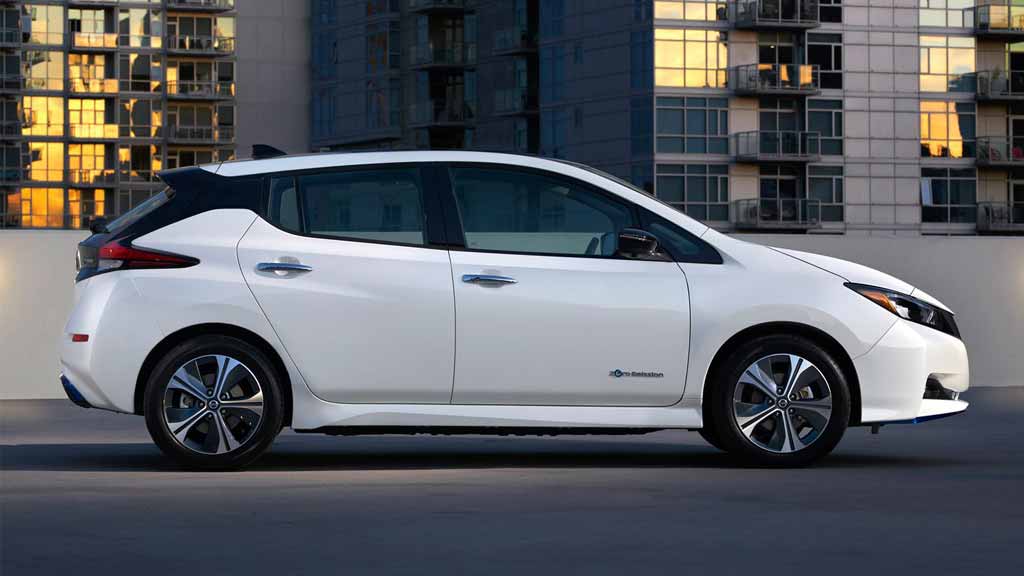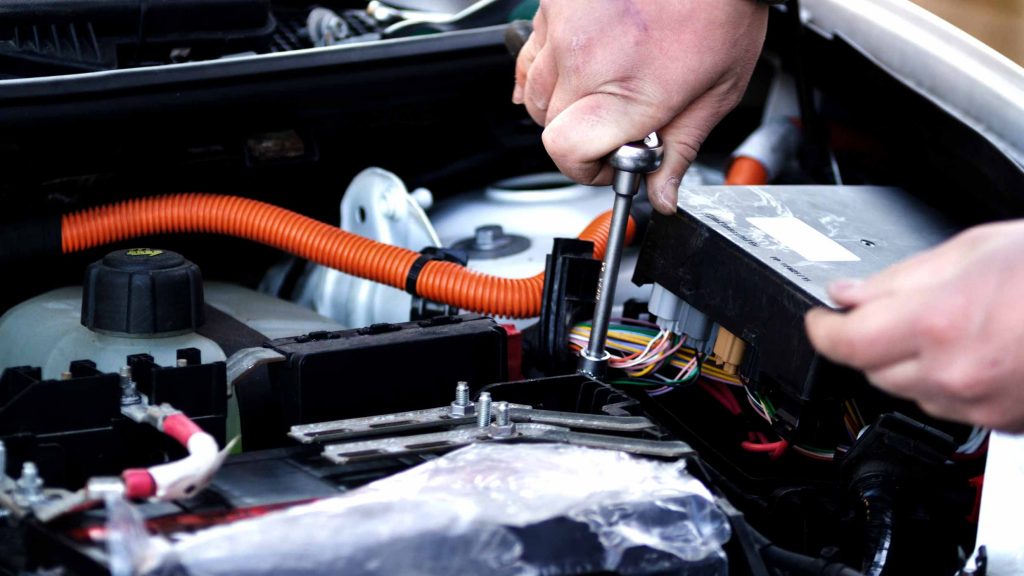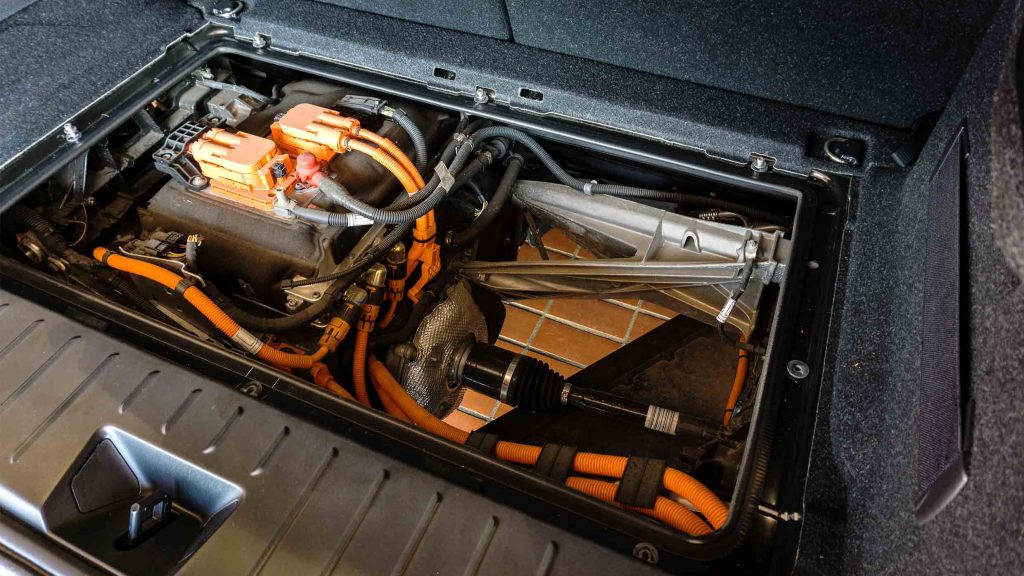
Batteries can be thought of as the heart of your EV. They define how far you can go and how long it will take to recharge. Our Battery FAQs below should answer some of the most common questions.
A valid question, and one that we can typically answer straight away. The answer is no, or it is extremely unlikely.
The current prediction is your battery will last at least 10 years and perhaps even up to 20 years or more before needing replacement.
Battery performance has massively outperformed public predictions since the introduction of mass-produced electric cars.

The Nissan Leaf came out in 2011/2012. It is the most popular electric car in the world with over 250,000 sold.
Early Nissan Leafs are over 10 years old, and many are still showing great battery health. There are early Nissan Leafs operating in England with over 150,000 miles. A well-looked-after vehicle with 100,000 miles on it will normally have only lost 5 or 10% of its capacity. And this is all on the old battery technology. Every new generation of EVs brings with it new and improved battery packs. We can safely say that EV batteries are not a disposable item, and will outlive a typical combustion engine car.
Have a look at our report on one of our recent Nissan Leafs with 120,000 miles. We have had cars here with over 160,000 miles with around 80% battery health.

As shown above, this is not really something that an EV owner will have to face. However, if for some reason you do need to replace a battery it would be possible.
Having worked with hundreds of electric cars, we have never experienced a modern EV that has suffered from severe battery degradation.
When we finally get to the time that cars need replacement a long way down the line there will be a rapidly growing aftermarket industry for replacement.
We tend to believe that a 15-year-old Nissan Leaf is more likely to have a bigger, better, and cheaper aftermarket battery than the standard Nissan battery when it comes time. We believe that a high mileage driver will put over 200,000 miles onto these batteries by the time they need replacement.
If the vehicle has a fault within the manufacturer’s battery warranty period then the manufacturer should replace or repair the battery pack. If an owner decides that they would like to replace the battery outside of warranty then they can often pay to do so. Currently there are not any viable third party battery options in the UK so this will mean returning the car to the manufacturer for replacement.
It must be remembered that these batteries are not failing. Data released in 2015 showed that out of 35,000 Nissan Leafs sold in Europe, just 0.01%, or 3 units had failed.


In the unlikely event that your car is suffering from battery degradation outside of warranty, then a viable option may be a battery reconditioning service. This would involve analysing your battery and replacing a number of damaged cells. This can cost around £1500.
A battery leased EV such as most Renaults or the Nissan Leaf Flex is an arrangement by which you own the car but “rent” the batteries. This was a common arrangement at the early stages of EV adoption as owners were concerned about battery performance. As time has gone on, technology has more than proved itself.
Now, a battery lease is mostly there to make the purchase of an EV affordable. The battery is in most cases the most expensive component in the vehicle, so by renting the battery, you can buy the vehicle for a significantly reduced cost.
Some owners may still choose the leased battery option as a means of maintaining a warranty against the battery. As the battery is owned by the leasing company, they are obliged to maintain the batteries capacity and fix it if it was to fail or degrade. Battery leases normally also include extras such as roadside breakdown cover.
This all depends on how you want to approach the finance of an electric vehicle and the car you are looking at. For example, the Renault Zoe can most commonly be found with a leased battery. This makes the Renault Zoes the cheapest used EVs on the market today.


Well, it’s the same as running out of fuel in a conventional vehicle. A tow company will come and rescue you from the side of the road.
However, it just doesn’t really happen. When you own an EV you typically get in your car every morning with a full battery and maximum range.
That means that every day you can drive the same distance. You don’t get surprised when you look down at your predicated range. The perceived ease of filling up with petrol or diesel actually leads to a complacency that causes more problems than it saves.
In 2015 more than 800,000 motorists ran out of petrol or diesel at the side of the road
There is a fantastic public charging network all over the UK and Europe to ensure that you can complete your journey in an electric car. Whether you’re driving from Lands End to John O’Groats or from the UK to Mongolia there is now a way to do it.
For more information on charging and dealing with long journeys take a look at our Charging Guide.

Completely Green Limited is authorised and regulated by the Financial Conduct Authority. Firm Reference number – 790525. We are a broker and not a lender. If you are not happy with the service you have received, you have the right to refer your complaint to the Financial Ombudsman Service.
Please note: Whilst every effort has been made to ensure the accuracy of the used vehicle information and images on this website, some errors may occur. It is important that you do not rely solely on this information, prices or images, and check with us any items that may affect your decision to purchase a vehicle. For an example monthly price, please use the finance calculator on each listing to retrieve a quotation. Representative Hire Purchase Example: Total Deposit: £2000 and Agreement Duration: 48 Months. Representative Personal Contract Purchase Example: Total Deposit: £2000 and Agreement Duration: 48 Months and 8000 miles pa. Representative Personal Contract Hire Example: Total Deposit: 12 months initial rental and 5000 miles pa, and Agreement Duration: 48 Months and Admin Fee: £299. Risk based variable lending rates apply with rates starting from 6.9% APR.